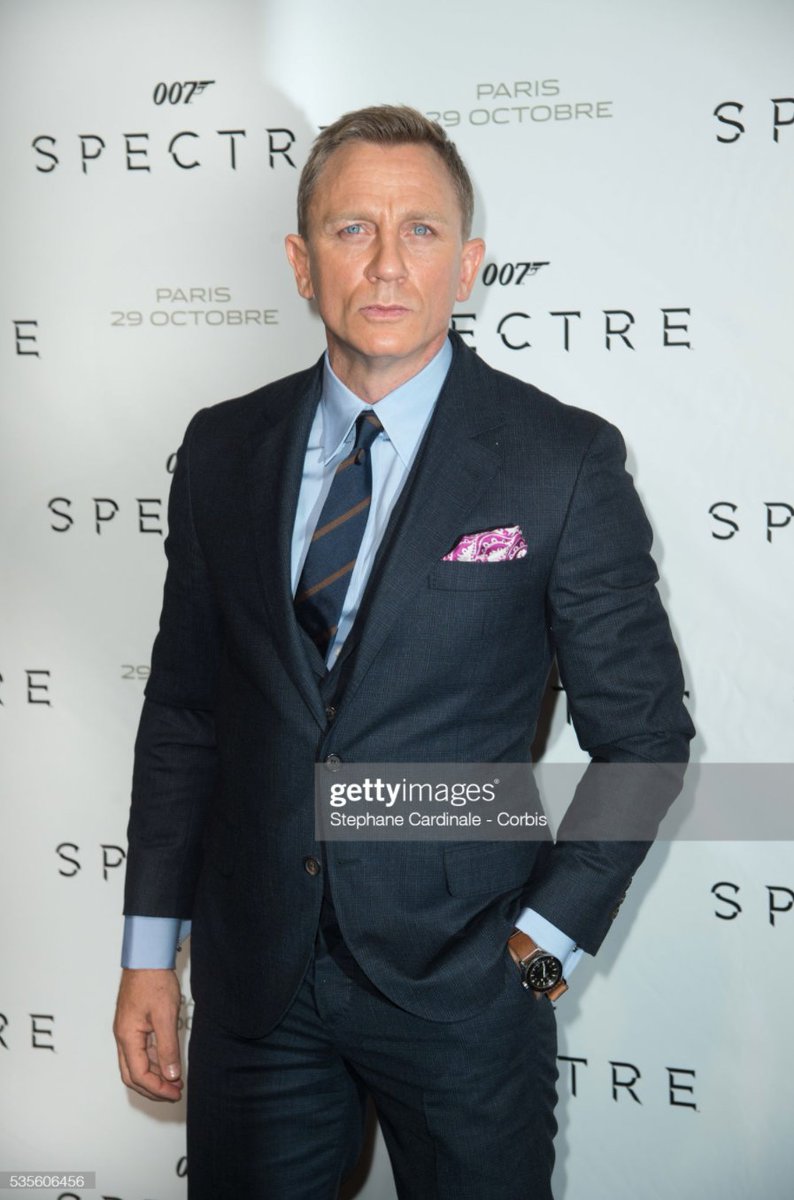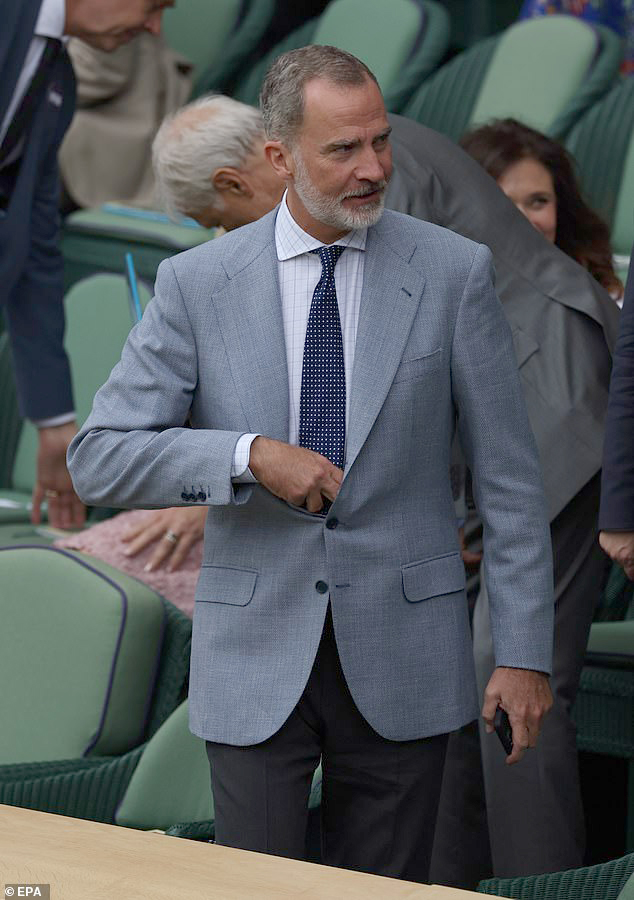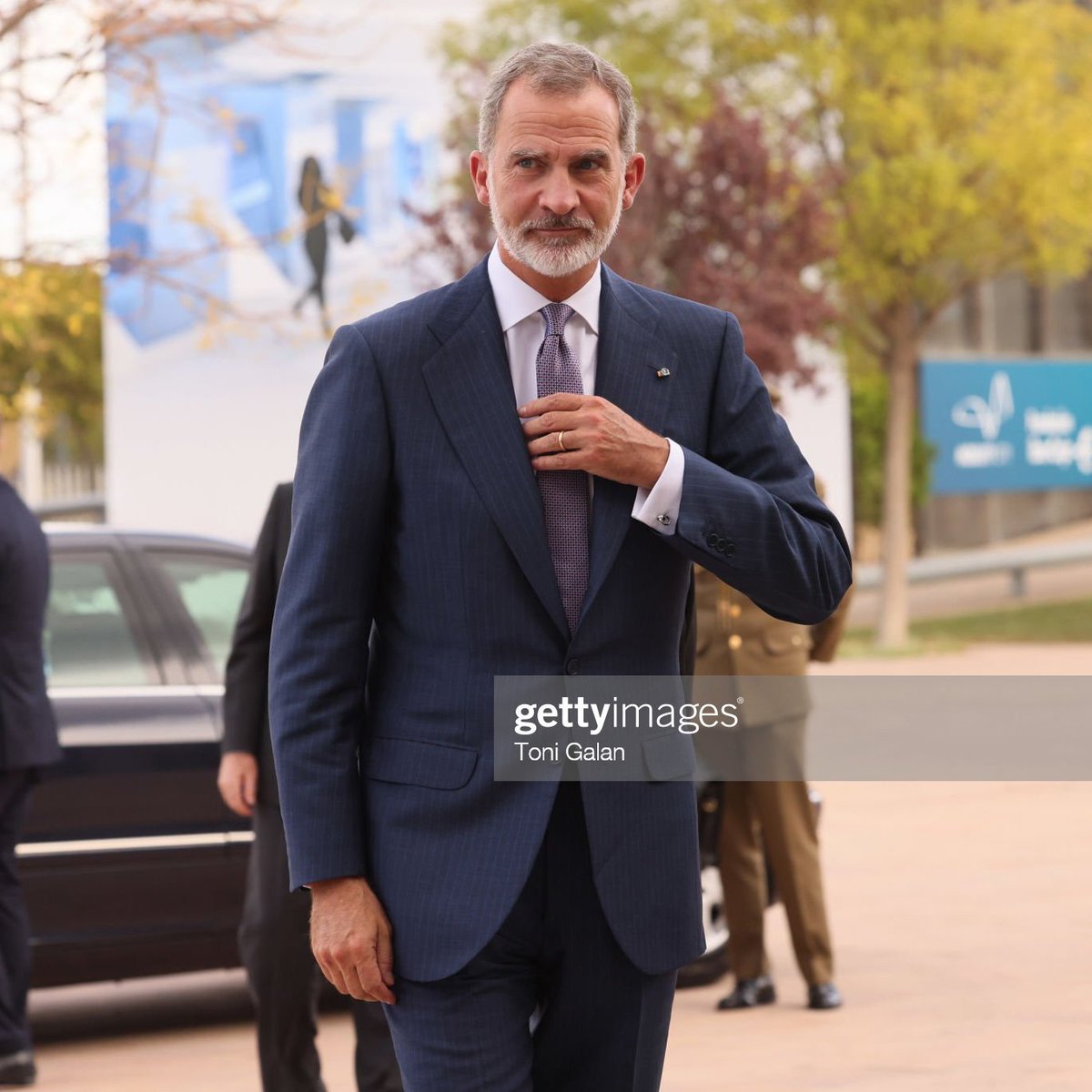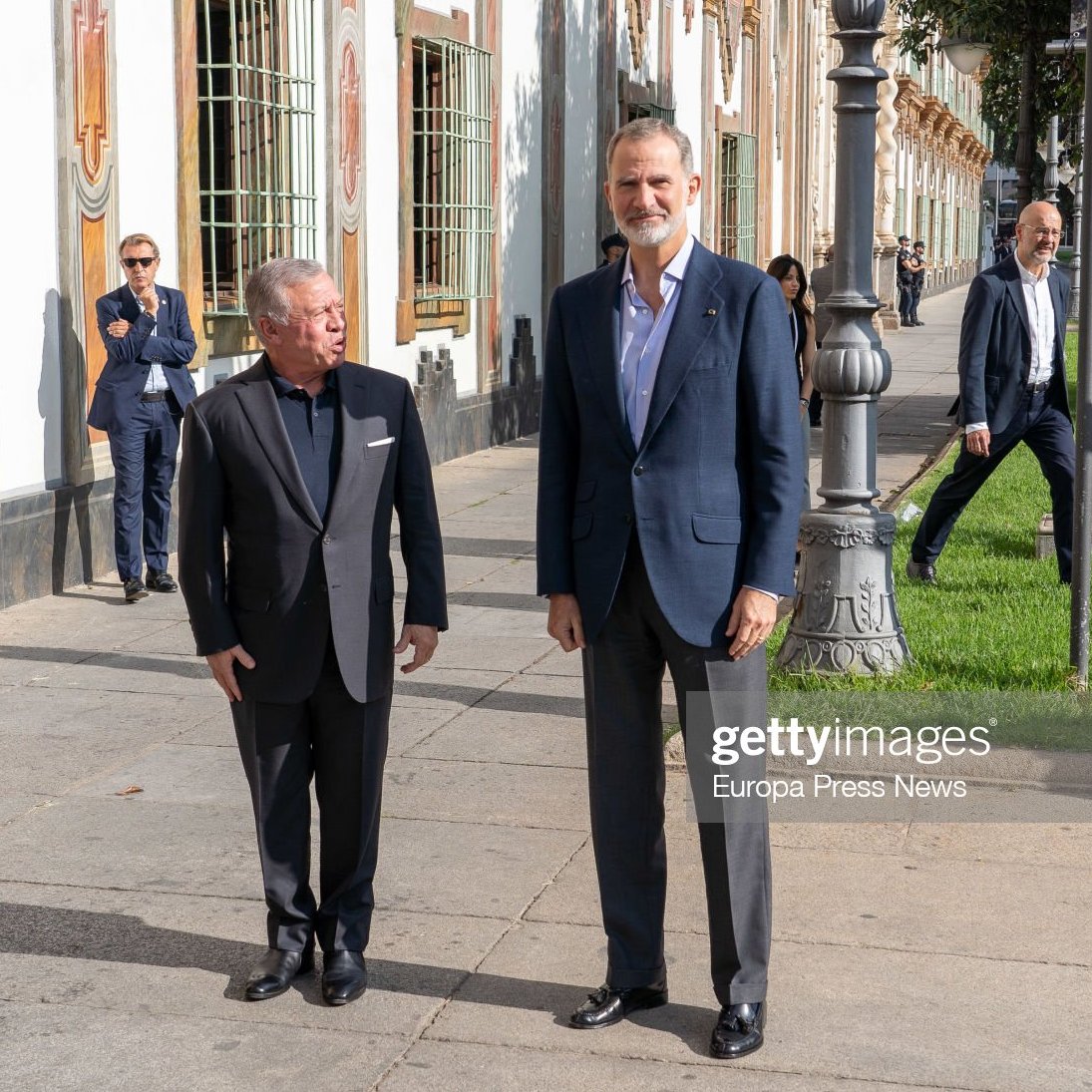People often answer this with "dress timeless," but I don't think that's really the answer. A lot of guys bought tweed sport coats and oxford shoes 15 years ago and are now in totally different clothes because those styles were ultimately not them. 🧵
https://twitter.com/antiquarian/status/1682921087477379072
When i think of "timeless" style, I don't think of one specific style. Lots of ppl have dressed the same for decades—Rick Owens, Daiki Suzuki, Bruce Boyer, Doug Bihlmaier, etc. All of these guys have very different styles, but they've found what works for them.








IMO, it's easier to arrive at this if:
1. You think of clothing as a cultural language. Think of what you're trying to say with your clothes. Don't just combine random stuff together.
2. Figure out what works for your lifestyle, personality, etc. Requires some soul searching


1. You think of clothing as a cultural language. Think of what you're trying to say with your clothes. Don't just combine random stuff together.
2. Figure out what works for your lifestyle, personality, etc. Requires some soul searching


3. Shop slowly. Don't jump into this and expect to build a "forever wardrobe" right off the bat. Allow yourself to slowly discover your taste.
4. Aim for "emotional durability." Find things that you'll be excited to wear 10 years from now. A post:
dieworkwear.com/2020/08/01/on-…
4. Aim for "emotional durability." Find things that you'll be excited to wear 10 years from now. A post:
dieworkwear.com/2020/08/01/on-…
5. Have a strong enough sense of personal style that you can ignore trends. You should be able to still wear a sneaker or suit or silhouette even if it's no longer "cool." @theprophetpizza has a great post on this at GQ.
gq.com/story/sustaina…
gq.com/story/sustaina…
6. I hate the idea of prescriptive wardrobes and "wardrobe essentials." IMO, you have to develop an eye and sense what works for you, which is going to take a lot of trial and error and self-discovery. But it also helps to have a starting place.
Long ago, I wrote a post about something I called a "springboard wardrobe." The idea is to give you a baseline to figure out your own taste so you don't have to constantly reinvent the wheel every time your taste takes an unexpected turn.
putthison.com/the-springboar…
putthison.com/the-springboar…
Some guys go through this process and end up wearing weird Kapital outfits. Some stay very classic. I think you just have to find what works for you. Just enjoy the process.
Finally, a post on how to develop good taste:
dieworkwear.com/2022/08/26/how…
Finally, a post on how to develop good taste:
dieworkwear.com/2022/08/26/how…
One more thing: I think it's fashionable now to say there's no such thing as timelessness. While that's true, it also seems pedantic, and there are better and worse ways to shop. Many speed through trends; others find what works for them. There's something great about the second. 

• • •
Missing some Tweet in this thread? You can try to
force a refresh

 Read on Twitter
Read on Twitter





























